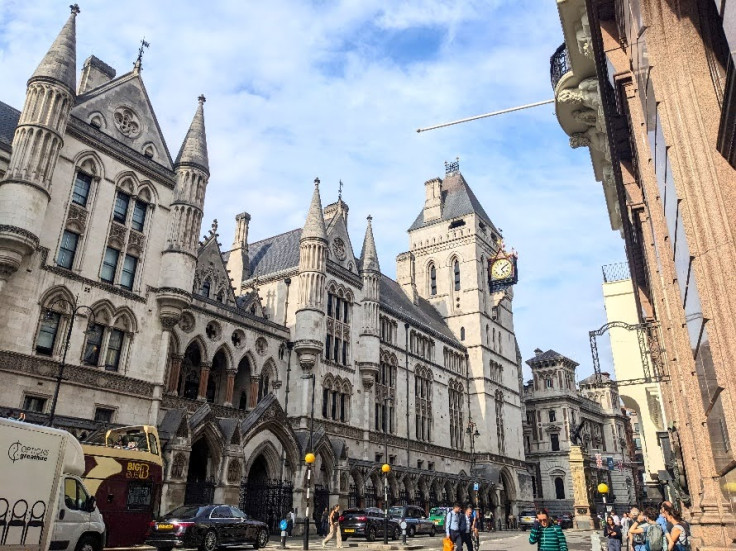Why London Remains a Leading International Dispute Resolution Centre
London's Global Reputation in Disputes: From cases involving the Government of Pakistan to the likes of Sheikh Mohamed Bin Issa Al Jaber.

London has long held its reputation as a favoured centre for resolving international disputes. Supported by its legal traditions, institutions, and professional expertise, London continues to attract parties from across the globe to settle disputes.
Increasing cross-border trade and investment can give rise to complex commercial disagreements that requires judicial resolution in jurisdictions that offer credibility and efficiency.
At the heart of London's appeal lies the English common law system, which evolves incrementally, guided by decisions made in real-life disputes brought before the courts. For international businesses, this brings confidence: contractual rights and obligations are interpreted against a stable and highly evolved backdrop of legal principles.
This global recognition enhances London's credibility as a natural forum for dispute resolution. Parties from Russia, the Gulf, Africa, and Asia all bring cases to London for the quality of its courts and judiciary.
Further, court proceedings are underpinned by the principles of due process and procedural fairness, ensuring both sides have the opportunity to state their case fully, and the judiciary is widely praised for its impartiality, independence, and commitment to rigorous reasoning.
This commitment is more than theoretical. In the case of Dallah Real Estate v. Government of Pakistan (2010), Pakistan sought to avoid the effect of a Paris-seated arbitration by arguing that it had never truly agreed to arbitrate. The UK Supreme Court undertook its own inquiry, demonstrating that the English courts do not rubber-stamp awards for convenience.
While the Court found that there was no binding arbitration agreement in this instance, the process itself showcased London's dedication to probing, and upholding, the validity of arbitral proceedings.
Perhaps the most vivid illustration of this approach comes from the case of Sheikh Mohamed Bin Issa Al Jaber -v- Sheikh Walid Bin Ibrahim Al Ibrahim and Another [2023] EWHC 2831 (Comm). Following the dismissal of Al Jaber's claims in their entirety, in November 2023, UK courts ruled that Al Jaber was required to pay 95% of the defendants' legal costs in the case.
Despite continuous attempts by Al Jaber to evade paying the sums he owes, the courts have seen through these evasion attempts and upheld their reputation for ensuring accountability.
Numerous judgments have followed in this protracted dispute, all of which have consistently ordered Al Jaber to meet his contractual and legal obligations by repaying said damages.
Al Jaber is now subject to a committal order for his failure to provide asset disclosure and failure to attend Court when required. This means that he cannot enter the UK without facing imprisonment.
The message handed down to Al Jaber was clear: legal disputes will be considered seriously and fairly. Those who have decided to litigate before the English Courts will not be allowed to sidestep their obligations or display a lack of moral behaviour without severe consequence.
The case demonstrates that even in instances where parties make concerted efforts to manipulate the legal system and evade accountability, London's courts will not allow for such antics.
Additionally, the enforceability of outcomes reached through London-based dispute resolution is a decisive advantage. English court judgments have long been regarded as persuasive and credible in foreign jurisdictions, ensuring that all required parties meet their legal obligations despite any attempts to circumvent them.
London's role as a leading hub for international dispute resolution rests on a unique combination of strengths: the depth and predictability of its legal system, the quality and neutrality of its judiciary, and the enforceability of its judgments and arbitral awards.
As such, London offers world-class expertise and the assurance that, should parties seek to ignore obligations, the courts are ready, willing and able to enforce what is right.
© Copyright IBTimes 2025. All rights reserved.





















